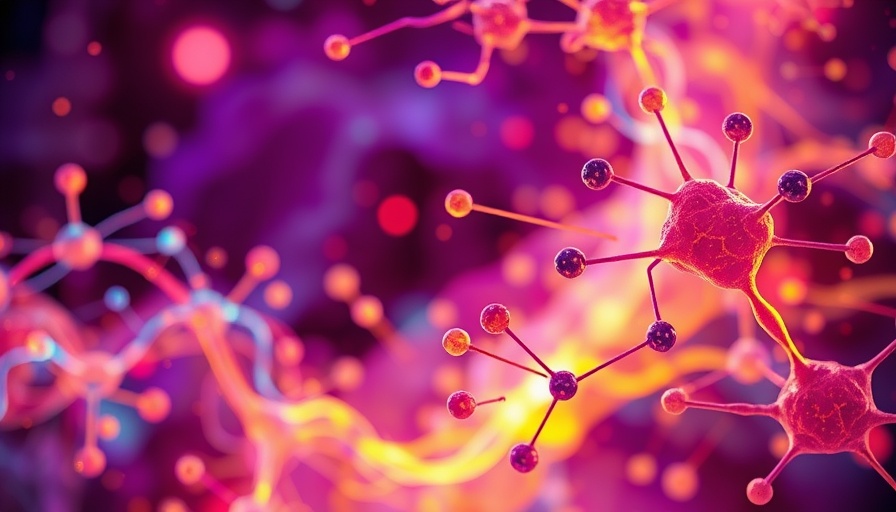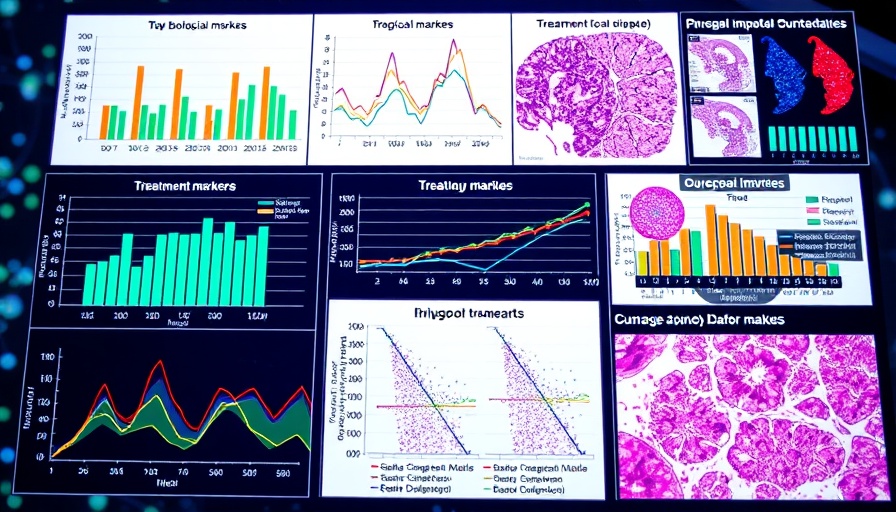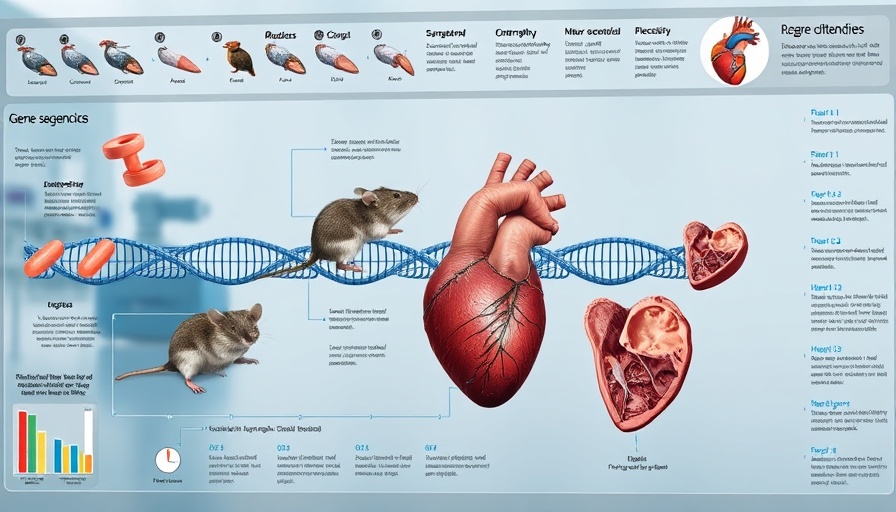
The Significance of Piezo Channels in Bone and Dental Health
Mineralized tissues such as bone and dental structures are more than mere structural components of the body; they are dynamic tissues that respond intricately to mechanical stimuli. A pivotal mechanism in this responsiveness is provided by mechanosensitive Piezo channels, specifically Piezo1 and Piezo2. Recent research has elucidated their role as vital mechanotransducers in these tissues. They enable cells to detect mechanical forces and translate these signals into cellular responses that can influence a variety of biological processes, encompassing the maintenance of bone density and dental integrity.
Cellular Mechanotransduction: The Role of Piezo Channels
Mechanotransduction is the process by which cells convert mechanical stimuli into biochemical signals. This phenomenon is critical for maintaining cellular health and homeostasis. Piezo channels, which are activated by mechanical stress, initiate intracellular signaling cascades. These cascades are essential for functions such as osteoblast-osteoclast communication and dental stem cell differentiation. Disorders affecting this mechanotransduction pathway can lead to conditions like osteoporosis and pulpitis, underscoring the importance of understanding Piezo channel function in regenerative medicine and therapeutic interventions.
Implications for Regenerative Medicine: Advancements and Applications
The insights gathered from Piezo channel research hold significant promise for the future of regenerative medicine. By harnessing the mechanobiological principles that govern cell activity in mineralized tissues, researchers can explore novel therapeutic strategies that enhance cellular health and support tissue regeneration. For example, leveraging knowledge of Piezo channels could aid in the development of targeted stem cell therapies that optimize healing processes during orthopedic and dental procedures, potentially accelerating recovery and improving outcomes.
Future Directions: Understanding the Crosstalk in Mineralized Tissues
A key area for future inquiry lies in the exploration of the crosstalk between bone and dental tissues mediated by Piezo channels. Current evidence suggests that dysregulation of these channels can lead to multifaceted pathologies affecting both skeleton and dentition. A thorough understanding of the molecular mechanisms at play could pave the way for innovative treatments that address multiple conditions simultaneously. Moreover, as the field of mechanobiology grows, it is anticipated that we will witness increased integration of these insights into clinical practices.
Conclusion: The Need for Action in Advancing Mechanosensitive Therapies
The revelations surrounding Piezo channels underscore a burgeoning understanding of cellular health and its relation to mechanical stresses within mineralized tissues. As health-conscious individuals seek strategies for longevity and vitality, advancing the science behind Piezo channels and their applications in cellular rejuvenation could lead to novel therapeutic avenues. Connecting these insights not only aligns with existing research on cellular rejuvenation but could strategically address the growing challenges posed by age-related degenerative conditions. It is imperative to keep abreast of developments in this field, as they promise to significantly influence regenerative medicine and promote healthier aging.
 Add Row
Add Row  Add
Add 




 Add Row
Add Row  Add
Add 


Write A Comment